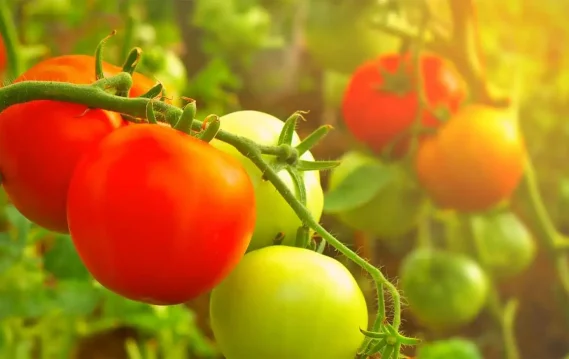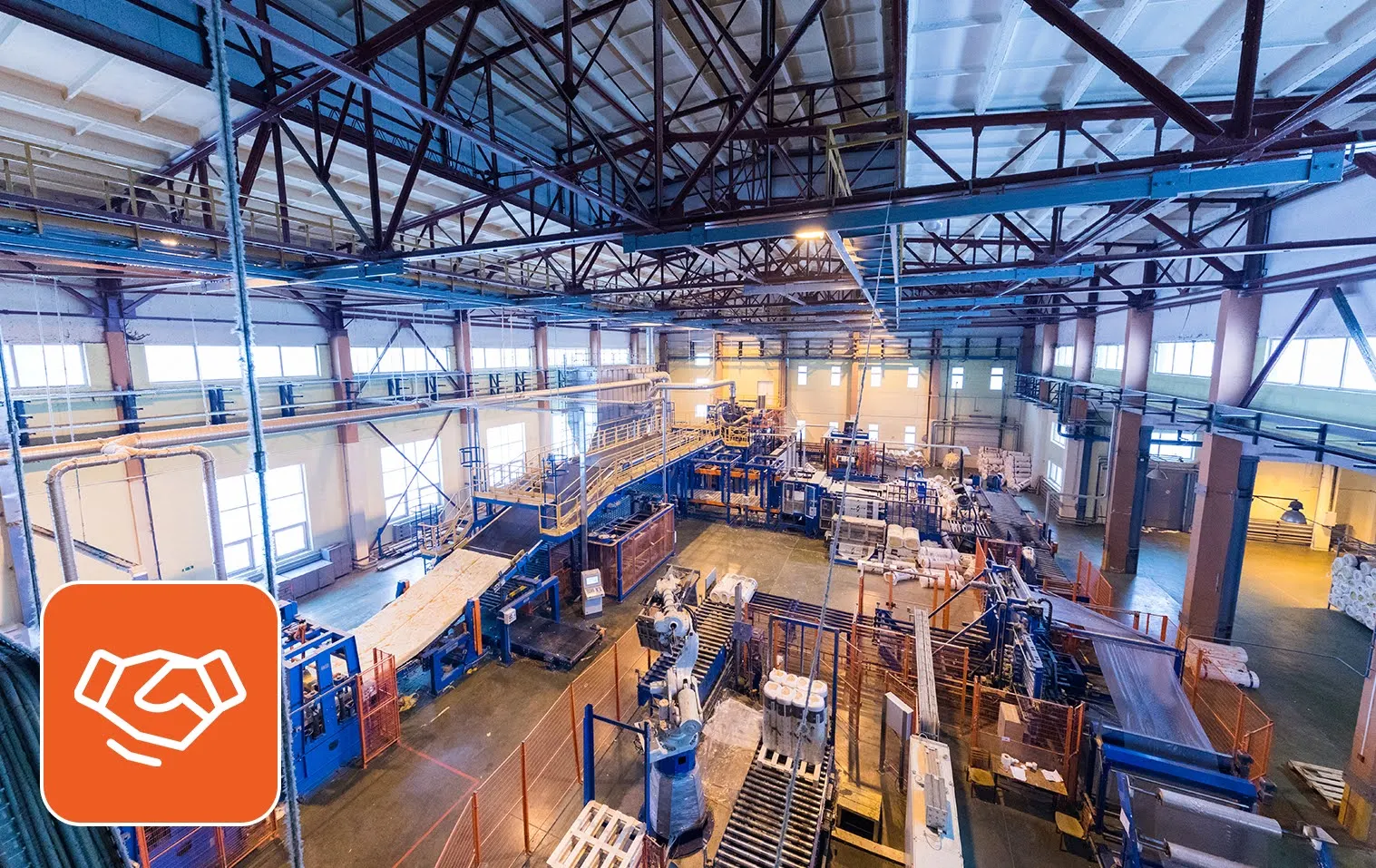June 16th is national eat your vegetables day. Our #ECOPHORIA team encourages you to nosh on your favorite veggies and also to consider taking a step further – why not GROW your favorite veggies?
Building and tending to a garden is a great option for something to do in your spare time during this pandemic. It’s a screen-free activity that you can do by yourself or with help. You can involve your kids for a hands-on lesson plan about agriculture and nutrients. It’s something you and your significant other can do as a couple that will get you off the couch and outdoors while staying socially distant – you could even consider it a day date and pop some bubbly with dinner to celebrate your hard work!
In addition, growing your own garden can save money, increase convenience and social distance compared to a grocery store or farmers market run, and decrease your carbon footprint.
Low cost
Growing your own veggies could save you a whopping $500. According to a study by the National Gardening Association, 300 or so pounds of fresh produce is worth around $600. A gardener’s average investment of $70 leaves you with a $530 return on investment.
If money is your main concern or motivator for getting your garden started, here are the 6 most cost-effective veggies to grow:
- Lettuce
- Bell Peppers
- Garlic
- Winter squash
- Tomatoes
- Broccoli
Fresh herbs are also something to consider. They can be expensive, often come in larger quantities than you need for an individual recipe, and don’t have a very long shelf life. Herbs like mint, rosemary, thyme and lemon verbena are easy to grow for getting started.
Convenient and Socially Distant
Having a garden in the back yard is not only convenient location-wise, but it also helps you plan meals based on what’s ready to eat. In a time when we’re eating in more than ever, having a specific set of veggies to work with narrows the massive window of what to make for dinner next and can lead to new recipes you wouldn’t have otherwise found.
Not having to travel further than your back yard for fresh veggies and herbs also helps keep yourself and your community healthy. Having to go to the grocery store is inevitable for most, but this is at least one less thing you have to go out for, and every small act to prevent the spread of Covid-19 contributes to the greater protection of our essential workforce – which includes grocery store employees.
Decrease Your Carbon Footprint
Traveling no further than your backyard for veggies can decrease your carbon footprint – the total amount of greenhouse gas emissions resulting from production, usage, and end-of-life of a product or service, which trap heat in our atmosphere and cause global warming.
Transportation is one of the top contributors to your carbon footprint and reducing the mileage that goes into how your food gets to you can mean fewer emissions. This isn’t just your driving – it’s estimated that an average of 1500 miles is traveled before food is consumed.
Not sure where to start?
Starting small with just an herb garden is a good way to get your feet wet. You can stick to the lowest cost veggies we’ve listed above or also check out the U.S. Department of Agriculture’s seasonal produce guide to plan ahead for seeds or for help choosing pre-grown plants.
We are proudly certified by the Green Business Bureau.



